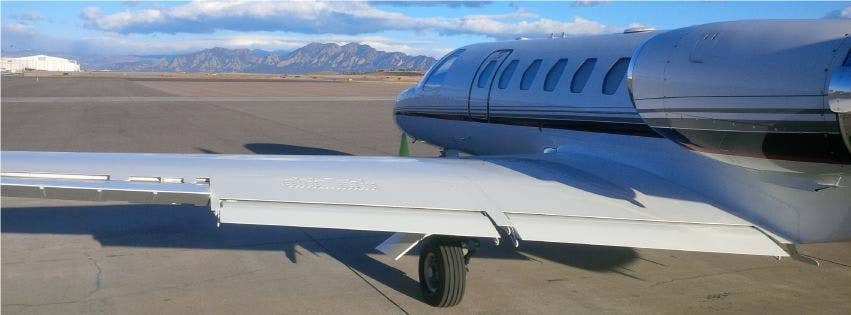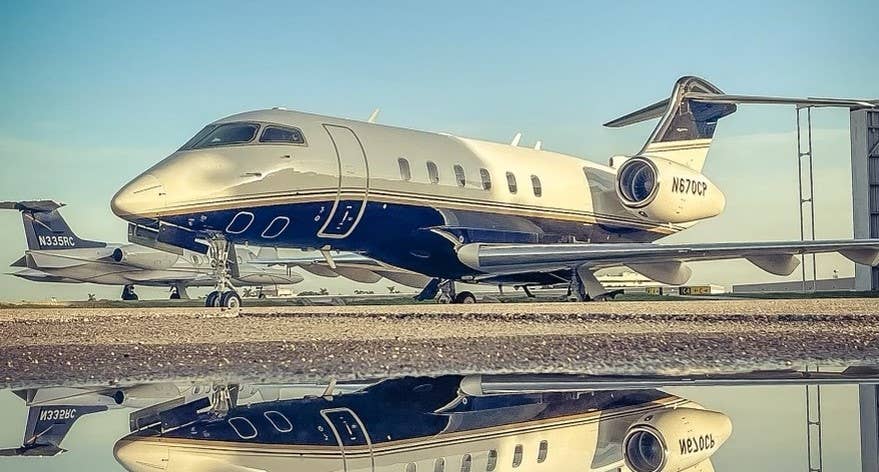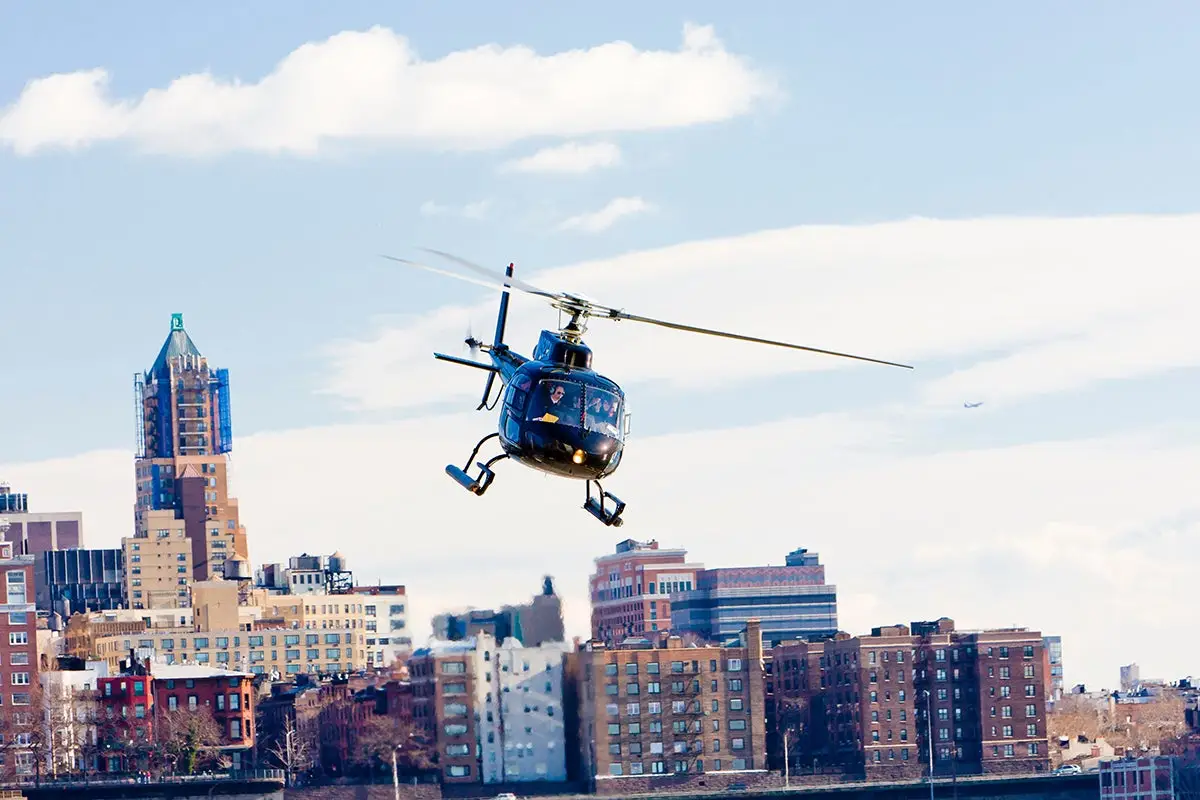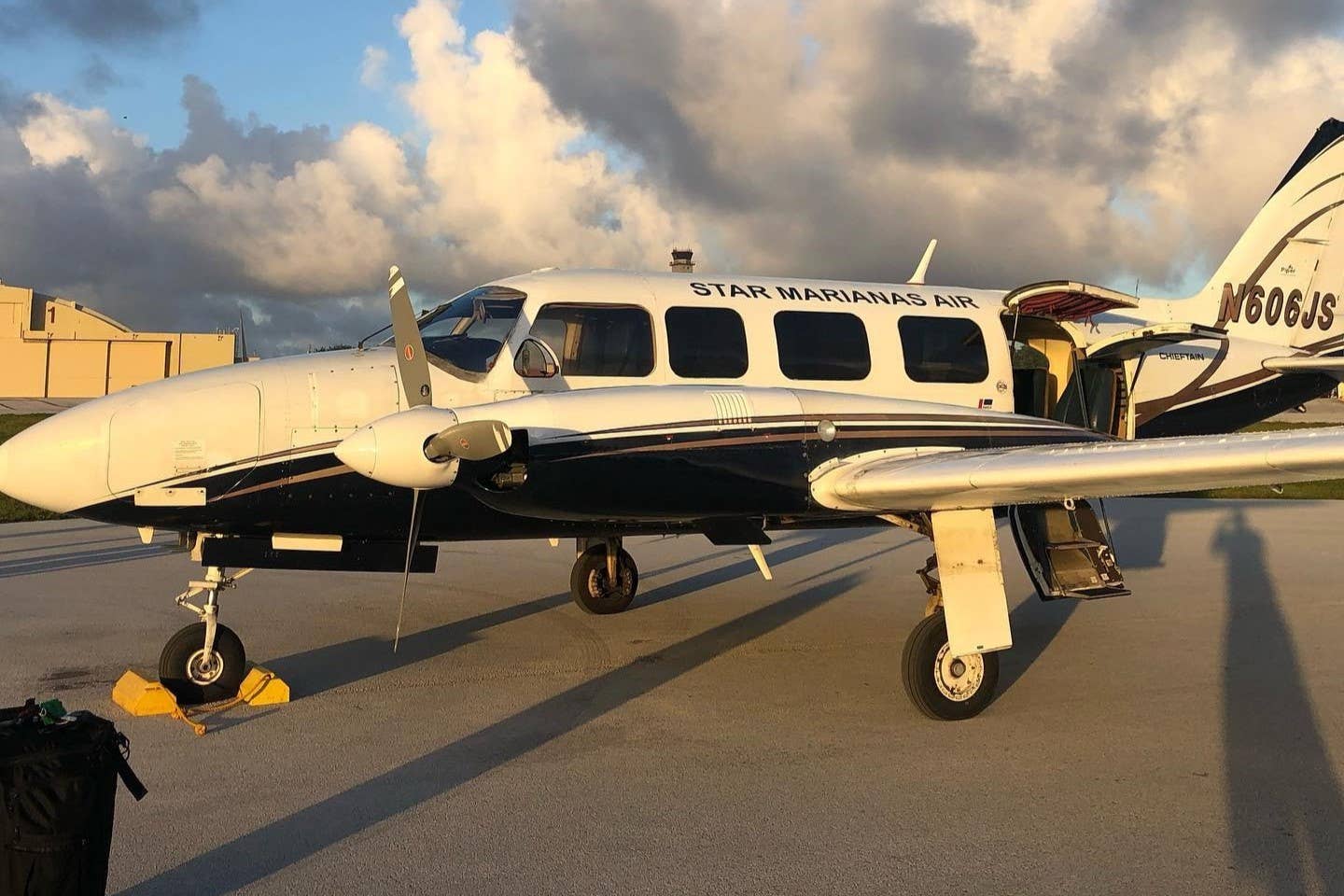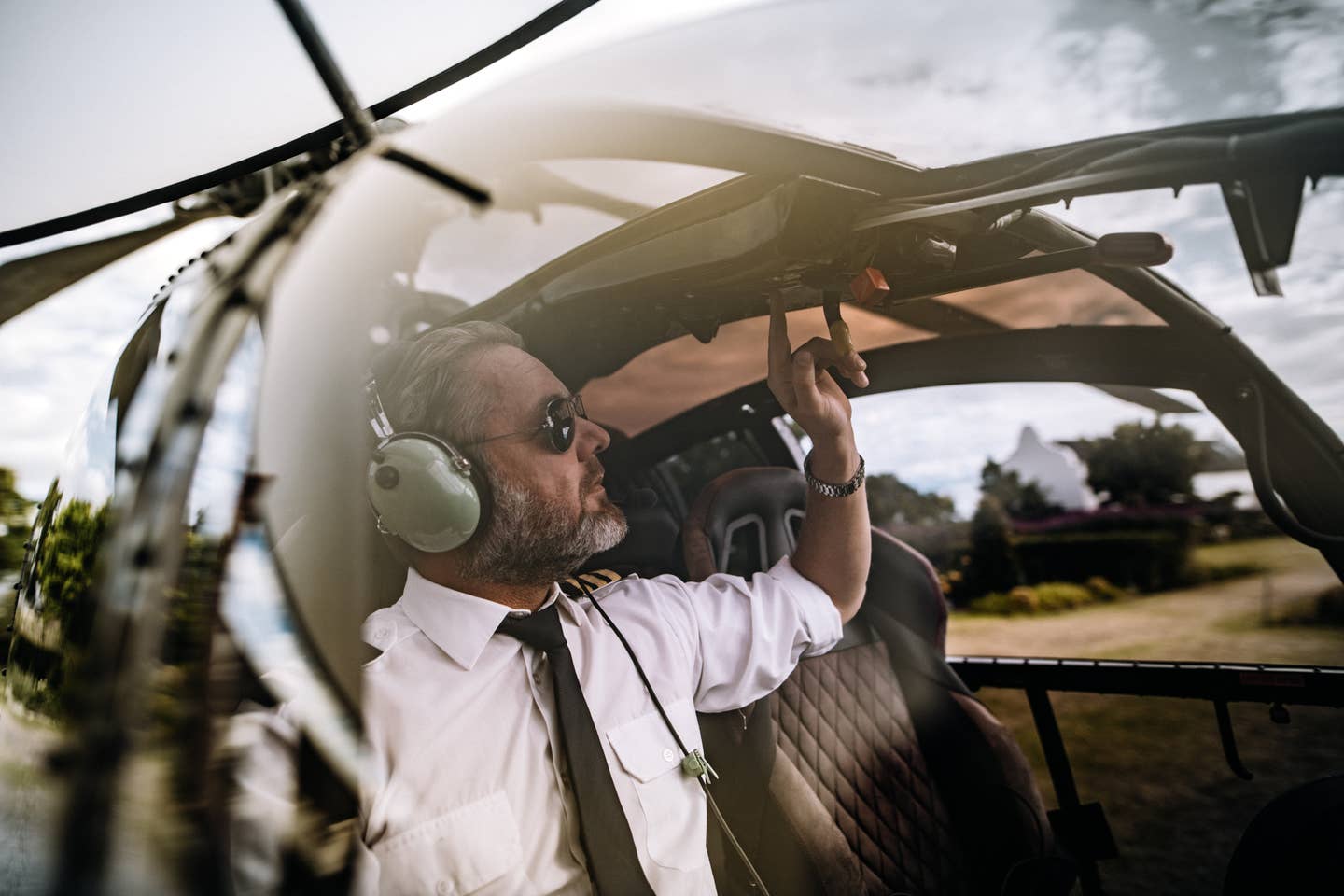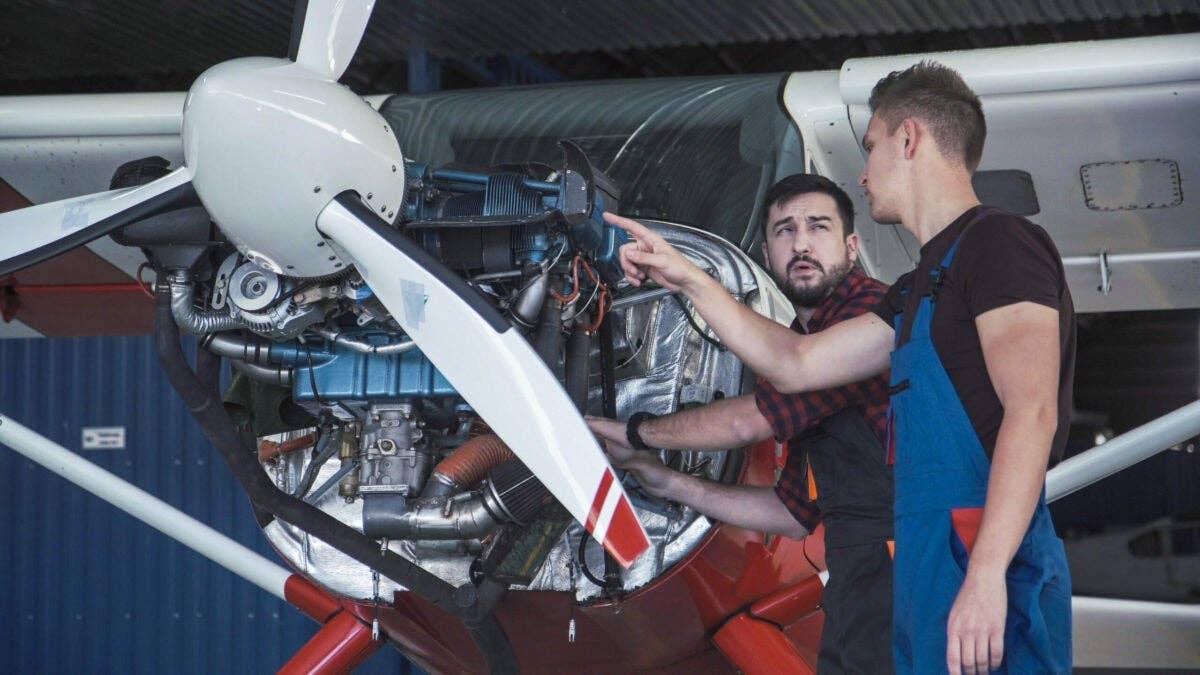
It was a simple itinerary: Tampa, Florida, to Washington, D.C.'s Reagan Airport on a Saturday afternoon, join some medical colleagues for dinner, participate in a panel at the annual meeting of the American College of Cardiology on Sunday morning and catch the 11:40 flight back to Tampa. US Airways kept pushing the departure time to KDCA back, so I bolted over to JetBlue; I really wanted to make that dinner. JetBlue was delayed too. The inbound equipment diverted to nearby Fort Myers for fuel, but don't worry, it will be here soon.
It didn't show up, but don't worry, we've got another airplane. We're just waiting on cabin crew. The crew showed up, but strange things began happening. A crew member was spotted taking catering from our plane and wheeling it to another. In the end, our airplane got mistakenly catered for San Juan, Puerto Rico, and fueled for Boston. The captain told me it would take three hours to defuel, but don't worry, the original diverted equipment will be landing soon. We landed in D.C. four hours late. I hear the restaurant was fabulous.
The return flight on US Airways was canceled and I scrambled again. Throughout, I was thankful for my newfound airport serenity. This peace is a gift from JetSuite, where I've been flying for six months now. I have learned to chill at the field while using commercial flights to get to work. It is a whole new attitude for this retired surgeon.
What is it about attitude? I'm not talking about the airplane's attitude, but the pilot's. For that matter, what is the relationship between attitude and happiness in any profession? As I have migrated from a world of medicine (surgery in particular) to the sky of aviation (flying the Cessna CJ3 for JetSuite), I have had the chance to witness the practitioners of each in their presumed pursuit of happiness. What, if anything, can one conclude?
The buoyant optimism of beginners in each profession is an alluring trait that can energize even the most seasoned and grumpy senior surgeon or pilot. Yet as the neophytes grow and mature, some become restless yearners who never seem quite satisfied with their lives. I've witnessed too many surgeons, blessed with high incomes and great families, who have contrived a way to make their lives sound miserable. Pilots seem a bit more optimistic than doctors, but many senior airline folks on good equipment making good money still find a way to make it all sound like a dreary life at Mach 0.84.
Yet others seem never to lose their enthusiasms and find a way to feel "It's all good."
What can account for the difference? Is it basic personality? (Some kids are just happy.) The childhood experiences? (Not enough porridge as a child?) Expectations of families? (My father felt surgery was a noble profession and that being a pilot for hire was akin to being a "glorified bus driver.") Is it the money? (Should be enough in either profession.)
Most studies of income and happiness posit that, after basic needs are met, increased income is a relatively impotent driver of increased happiness. Somewhere around $75,000 a year, making more money loses its power. If you don't love your work, the salary becomes a surrogate for that loss. If you can comfort yourself with a new car and a bigger house, the seduction continues, but the life takes on a hollow character, it seems. On the other hand, if treating the sick or flying glorious airplanes is a sustainable thrill, these pleasures become part of your compensation package. If they don't thrill you, you will be underpaid, no matter how splendid the salary.
A recent outing to a spring training Yankees game with a few friends and some of their friends brought this all home again. There were eight of us: two lawyers in practice, a law professor, a painter, a guy who does something with music, an interventional radiologist, a newspaperman and me. The biggest earners, the two practicing lawyers and the doctor, expressed the most unhappiness. The lawyers were inundated with work. They complained of late hours, relentless push for more billable time and a disconnect from their families. The doctor was bitter about regulations, electronic health records, compliance issues and the general business of medicine.
The most content, it appeared, were the individuals who made a living by the art of painting, making music or writing, even though they made way, way less money. I found myself thinking I was happier than the whole lot. Why?
Firstly, I am older. The 10 to 15 years of time have let me loose from the throes of middle-age angst. I know that I enjoyed being a cancer surgeon — the work seemed vital and a worthwhile thing to do. The patients were often inspiring. Now I love flying for JetSuite.
Somewhere in your 40s, it occurs to me, you figure out where you fit in this world. If you have been lucky enough to free yourself from everybody else's expectations for you and developed your own sense of what you want out of life, the rest gets easy. Most of us can accomplish what we want, once we know what it is we want.
This self-awareness has the additional advantage of befuddling management. The usual carrots and sticks won't work if you have your own compass, especially if it isn't aligned with conventional wisdom. This is why the airline bidding process is so interesting.
If one can't figure out himself, then life is a series of challenges authored by others. While pursuing goals manufactured by somebody else, even if a well-meaning spouse, teacher or boss concocts them, the risk is that you may never please them or, more importantly, yourself.
I am now hanging out with relatively young professional pilots, some of whom are half my age. They are on the way up. They have flown for regional carriers, 135 operations, and night freight. They've been instructors at airlines or at FlightSafety.
They are old enough to know themselves. Almost to a person they agree that flying for JetSuite is the best job they have had so far. But "so far" is often heard in their conversation. They still hold hope for the majors or maybe a big freight job. Bigger airplanes hold appeal, and "longevity pay" is a frequent topic of discussion.
I find myself bemused by these concerns. For me, this job is such a gift at age 68 that I find it impossible to find fault with any of it. I do understand that my pilot colleagues are younger and in need of a secure future. It is just that the "longevity" I worry about is my own.
I am aware that younger generations are less inclined to work for one company for their entire careers. The fact that I worked at the same university for 30 years was a point of pride with me, but in retrospect, maybe it was a sign of complacency and lethargy. So moving on is part of the landscape of cockpit banter. Some seem to be waiting for life to tell them what to do. So far, the gods haven't spoken very clearly for most, it seems. When I mention that our company seems especially interested in our rest, nourishment and well-being, all pilots admit to the truth of it.
Many people in health care are in fear of change. Though most have never suffered a decrease in income or, more dramatically, lived through a bankruptcy as many pilots have, the sense of change and general suspicion pervades the thinking of many. When I served as the chairman of an academic department of surgery, I knew many who made in the mid-six figures who felt life was unjust, unfair and not that good.
Pilots seem different to me. True, some airline friends have had enough. The repetitive nature of the work, the increased difficulties encountered while commuting, and the general claustrophobic nature of many airports make for a life of routine and diminished sense of self. These trials aside, they still seem pleased by the actual flying.
I'm not sure what to make of all this, or what the differences really are. Given that the pilots I fly with are a decade younger than the overworked lawyers, it is easy to say the comparison is unfair. Yet, I know older professional pilots. On average they have sunnier dispositions than people in other professions.
When I asked a senior pilot at US Airways about his losses accrued via the company's bankruptcy, he acknowledged that he lost close to a million in retirement. "But," he said, "I still get to fly airplanes."
Working as a cancer surgeon and flying a charter jet are two vastly different careers, both of which can provide happiness with the right attitude.
We welcome your comments on flyingmag.com. In order to maintain a respectful environment, we ask that all comments be on-topic, respectful and spam-free. All comments made here are public and may be republished by Flying.

Sign-up for newsletters & special offers!
Get the latest FLYING stories & special offers delivered directly to your inbox

